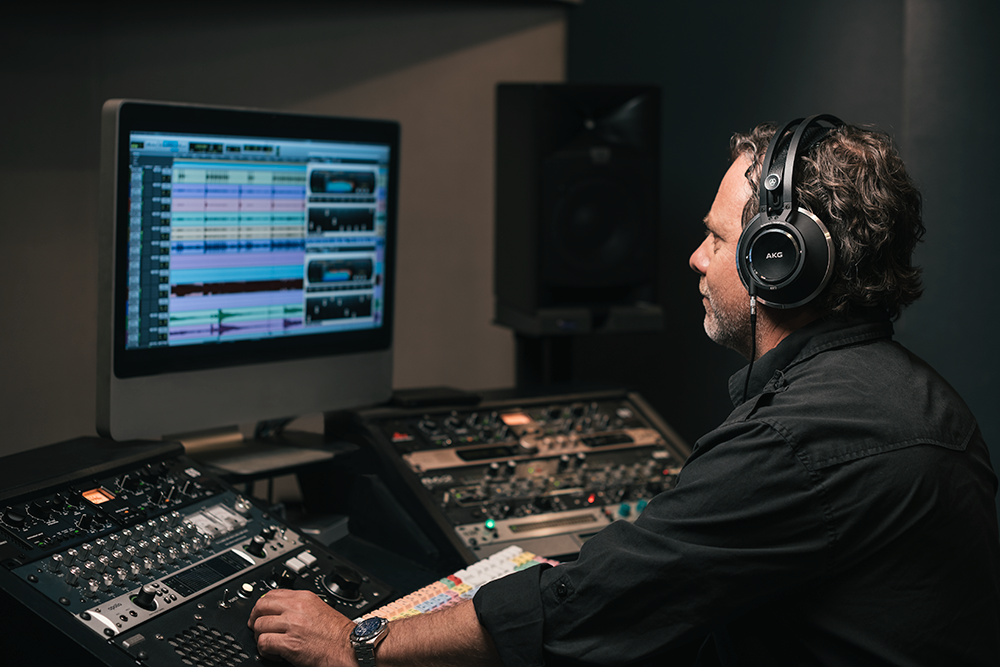Hello everyone
I have been interested in music technologies for an average of 2 years, I have been doing both music production, recording and mixing. I want to have all the details about sound and music technologies, I don't want to have a subject I skipped, I created a programme of my own, but I would like to get ideas from you. I would like to get a list of topics, research list suggestions from you, from must-know topics to side details. It can be a book suggestion, it can be an article suggestion. There may also be websites where I can find articles written about this subject. Apart from what I have written, I would be very happy if you can help me with important details that I have not thought of, thanks in advance
I have been interested in music technologies for an average of 2 years, I have been doing both music production, recording and mixing. I want to have all the details about sound and music technologies, I don't want to have a subject I skipped, I created a programme of my own, but I would like to get ideas from you. I would like to get a list of topics, research list suggestions from you, from must-know topics to side details. It can be a book suggestion, it can be an article suggestion. There may also be websites where I can find articles written about this subject. Apart from what I have written, I would be very happy if you can help me with important details that I have not thought of, thanks in advance

